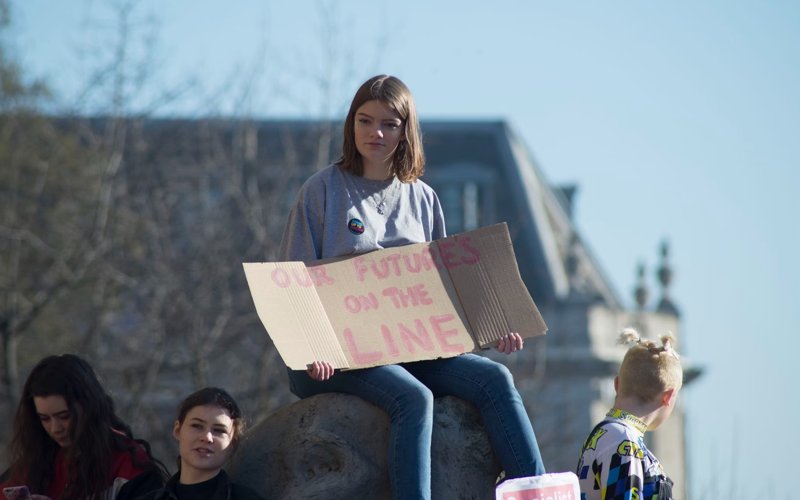Globally, people want political change but doubt it can happen
The Pew Research Center survey across 25 countries shows that majorities in 20 of them believe their countries’ political systems require major changes, yet many remain skeptical about the possibility of actually achieving them, Kazinform News Agency correspondent reports.

How the study was conducted
The global survey is based on interviews with 28,333 respondents between January 8 and April 26, 2025, using a mix of phone, face-to-face, and one online panel in Australia. In the U.S., an additional 3,605 adults were interviewed on the American Trends Panel in late March 2025.
Where change is desired
Calls for sweeping reforms are strongest in diverse regions. Roughly eight in ten or more respondents in Argentina, Brazil, Greece, Kenya, Nigeria, South Korea, and the U.S. say their system needs major restructuring.
But belief in the feasibility of reform varies sharply. In Greece, 68% say they want major or complete reform but do not think it can be achieved; only 15% believe such changes are both needed and realistic. In India, by contrast, 59% of those demanding reform are optimistic about implementation. In Nigeria, demand for change is high, but opinion is split nearly evenly on whether it is achievable.

Low marks for elected officials
A key driver of discontent is the poor assessment of politicians themselves. Across the 25 countries surveyed, 47% say “few” or “none” of their elected officials are honest, and 46% say politicians do not understand the needs of ordinary people. About four in ten say few are ethical or focused on the country’s most pressing issues, while 37% think few are even well-qualified for their jobs.
The sharpest critiques come from Greece, Italy, Spain, Türkiye, the U.S., Kenya, Nigeria, South Africa, Brazil, Argentina and Mexico. More restrained views are found in Canada, India, Japan, the Netherlands, and Sweden. Swedes stand out for their relative positivity: significant shares there say most politicians are ethical, qualified, and focused on important national problems.
Younger generations more eager for reform
Young adults are consistently more inclined to demand sweeping political changes. In nine of the 25 countries, 18-34-year-olds are significantly more likely than older groups to call for reforms.

In Canada, for example, 54% of younger respondents say major changes are needed, compared with 39% of those over 50. In 11 countries, younger adults are also more likely to believe that “few or none” of their politicians are honest. France and the U.S. stand out for particularly sharp generational divides in trust.
Pew Research Center stresses methodological caution: different countries used different interview modes (phone, in-person, or online), which can affect comparability. Moreover, the findings reflect opinions at the time of data collection (January–April 2025) and do not cover all countries worldwide.
Earlier, Kazinform News Agency reported that almost 2/3 of Gen Z in UK experienced mental health problems, survey finds.
